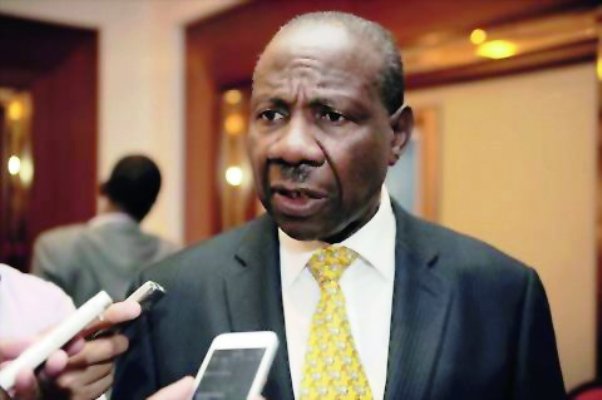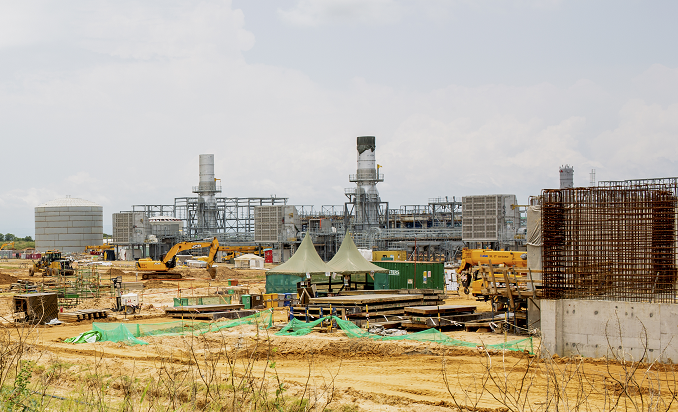Terror groups are expanding operations and scaling up attacks in Africa, straining governments ill-prepared to battle extremism as the coronavirus pandemic drains much-needed resources, Verisk Maplecroft said.
Rising violence has made sub-Saharan Africa home to seven of the 10 riskiest countries in the world, according to the risk consultancy’s quarterly Terrorism Intensity Index published Friday. Nations including Ivory Coast, Tanzania and Mozambique had the biggest decline in the index, meaning the resource-rich region is falling behind the rest of the world and becoming more dangerous for investors.
Even countries previously considered relatively safe from jihadist violence, such as Ivory Coast and Senegal, saw their index scores hit as groups operating in the Sahel region expand their operations to coastal West African nations. Mining and energy companies in the region will now have to spend more protecting protect staff and operations, Verisk said.
While the coronavirus is spreading slowly in Africa, it could make the job of regional armies, already stretched and underpaid, a lot more difficult.
“As Covid-19 bites into the economy and reduces the financial muscle of regional governments, they are going to start making difficult spending choices,” said Alexandre Raymakers, a senior analyst with Verisk. “How you are going to fund security will be the key question in the continent over the next two to three years.”
Islamist militants linked to al-Qaeda and Islamic State have spread to a dozen countries in Africa that have become a new battlefront for extremists after the fall of ISIS’s caliphate in Syria last year.
Boko Haram militants who’ve waged a decade-long insurgency to impose their version of Sharia law in Nigeria killed at least 110 farmers in northeastern Nigeria in late November. It was one of the deadliest attacks against civilians in years.
A forceful response from regional armies is also behind an increase in human-rights violations, Verisk said. Limited spending on education and health-care to counter the influence of insurgents paving the way for large scale military attacks that infringes in human rights, it said.
— Bloomberg





